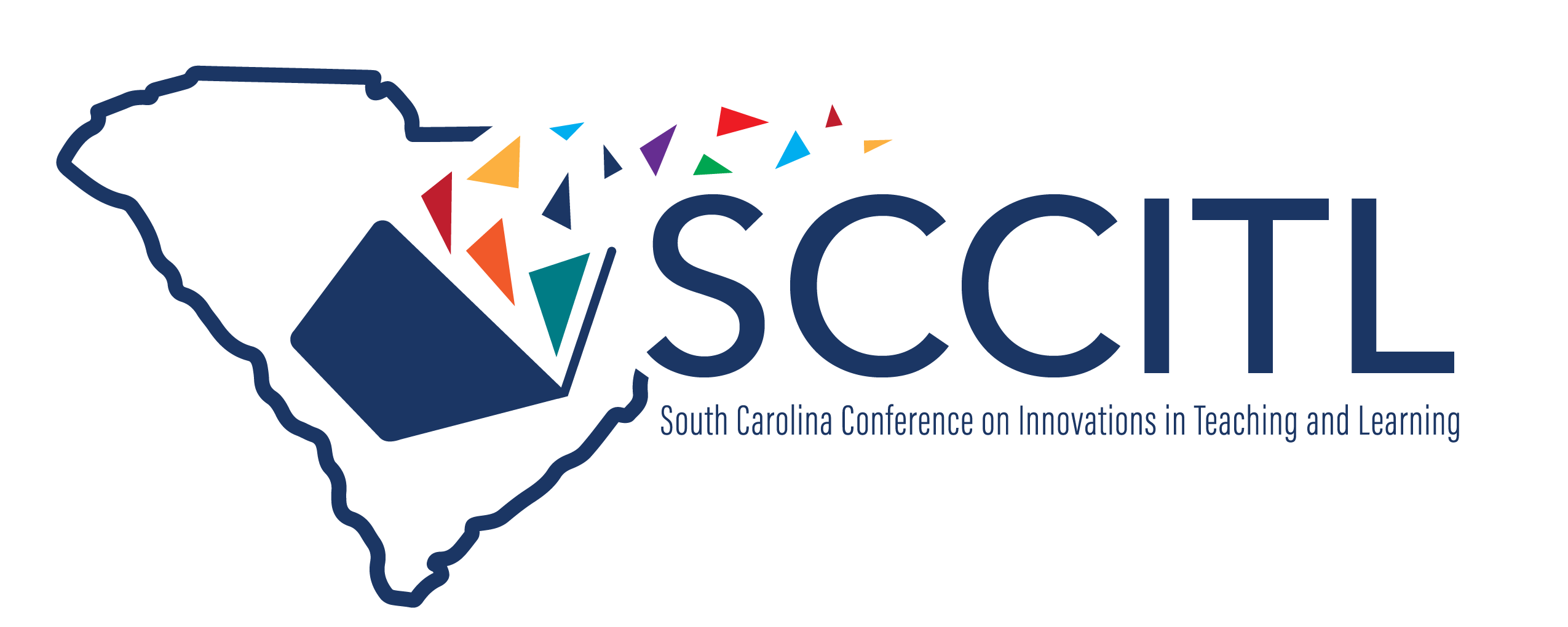Challenging and Engaging Heritage Speakers in Language Classrooms: Diverse Cultures Inclusivity
Proposal Format
45-minute Presentation
Track Choices
Wellness and Trauma Informed Teaching
Abstract
Heritage speakers of any language approach learning a language from a very different angle, as they master the language without having been at a classroom setting. Rather, they learned a language at a real context, perhaps with family or relatives, or at countries in which their first language is the native one. However, none of these experiences provide them formal educational tools or knowledge to deeply understand how a language is constructed, and they only know their own variety of the language they understand. Often, these students are forced to learn a language and a culture that is mainstream. For this reason, heritage speakers also feel their culture, their communities, and their experiences are not considered important enough to be part of the class setting, and they feel excluded from the language curriculum. These experiences lead to frustration and a sense of exclusion, and they tend to quit learning the language or even acknowledge their own language variety or culture. In this talk, I aim to explore inclusive practices for language teachers to create syllabus and materials that include diverse heritage speaker students, and to create equal opportunities for all students to learn the language and feel their communities are empowered. My talk will be supported by the work of scholars in the heritage language pedagogy field like Sara Beaudrie, Sergio Loza, Lillie Padilla, and Rosti Vana. Although the talk is primarily language teaching oriented, educators from fields like sociology, history, anthropology, and social sciences and humanities in general can also benefit from this talk.
Keywords
teaching language heritage inclusion diversity
Speaker Bio
I am an assistant professor of Spanish at Coastal Carolina University (SC) where I teach Spanish, Spanish for Health Professions, and Mediterranean culture. During my doctoral program at Arizona State University (a Hispanic serving institution, and with a large population of Spanish heritage speakers) I encountered hundreds of heritage speakers who struggled in the language classroom, felt disconnected, and had negative experiences when learning a language from a teacher that would not understand heritage language pedagogy. Not only I was able to gain a better understanding of my students' different approaches to learning a language, but also discovered that my own struggles during my school years happened because I was raised as a heritage learner myself. I felt aliviated when discovering my own heritage profile, and since them I decided to work on a more inclusive curriculum in the language classes I teach, so I could include and support the heritage speakers students in my class.
Challenging and Engaging Heritage Speakers in Language Classrooms: Diverse Cultures Inclusivity
Penny Hall, 201
Heritage speakers of any language approach learning a language from a very different angle, as they master the language without having been at a classroom setting. Rather, they learned a language at a real context, perhaps with family or relatives, or at countries in which their first language is the native one. However, none of these experiences provide them formal educational tools or knowledge to deeply understand how a language is constructed, and they only know their own variety of the language they understand. Often, these students are forced to learn a language and a culture that is mainstream. For this reason, heritage speakers also feel their culture, their communities, and their experiences are not considered important enough to be part of the class setting, and they feel excluded from the language curriculum. These experiences lead to frustration and a sense of exclusion, and they tend to quit learning the language or even acknowledge their own language variety or culture. In this talk, I aim to explore inclusive practices for language teachers to create syllabus and materials that include diverse heritage speaker students, and to create equal opportunities for all students to learn the language and feel their communities are empowered. My talk will be supported by the work of scholars in the heritage language pedagogy field like Sara Beaudrie, Sergio Loza, Lillie Padilla, and Rosti Vana. Although the talk is primarily language teaching oriented, educators from fields like sociology, history, anthropology, and social sciences and humanities in general can also benefit from this talk.


